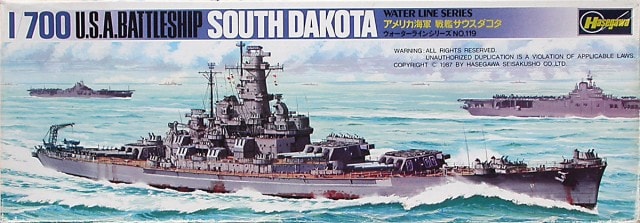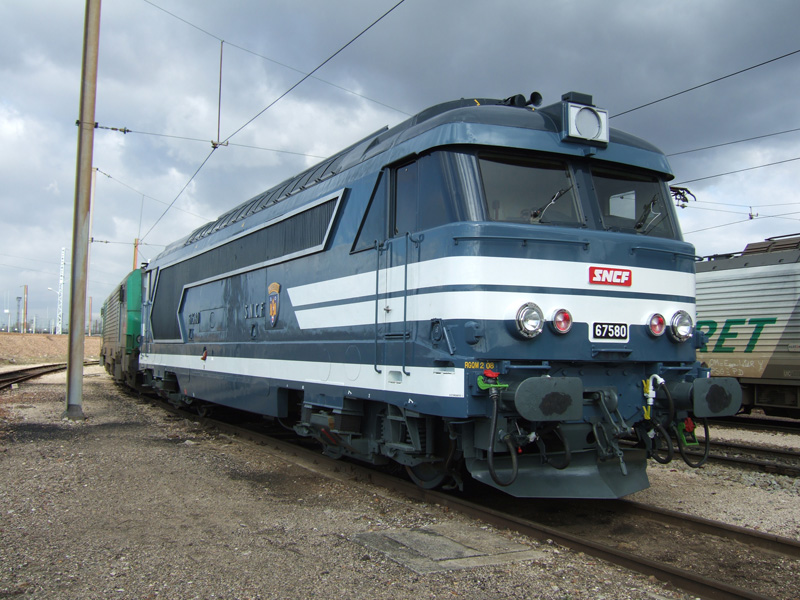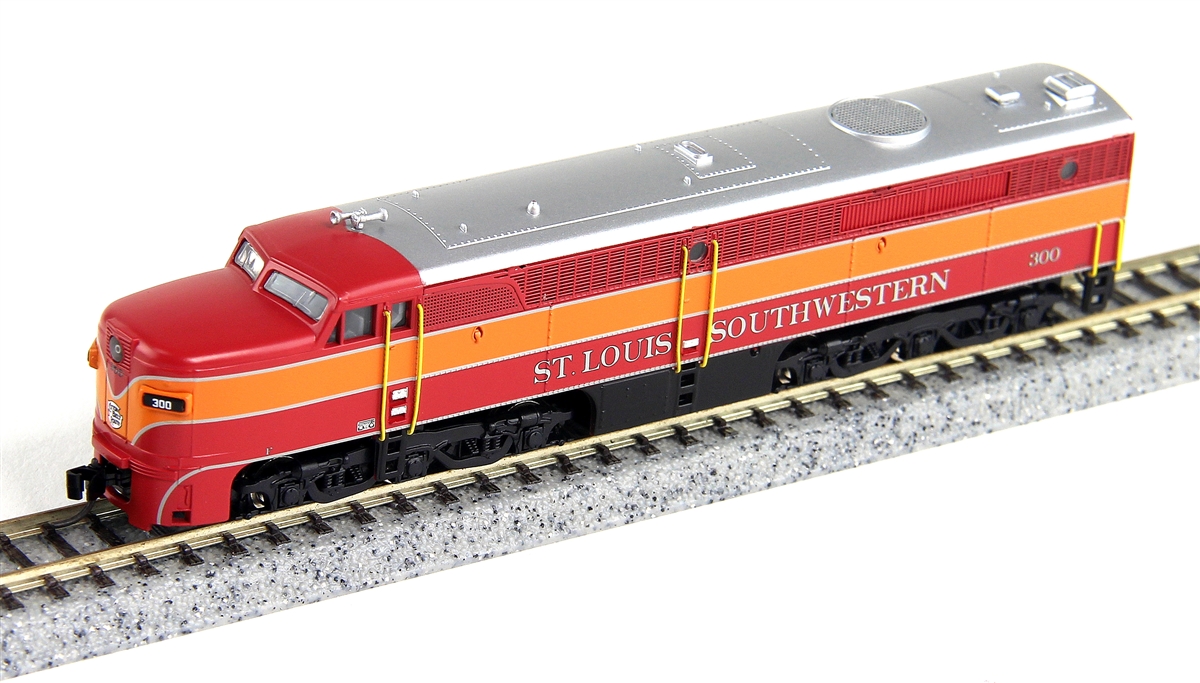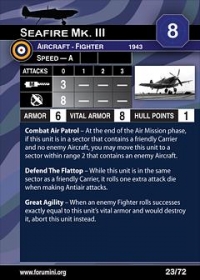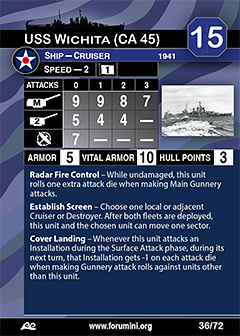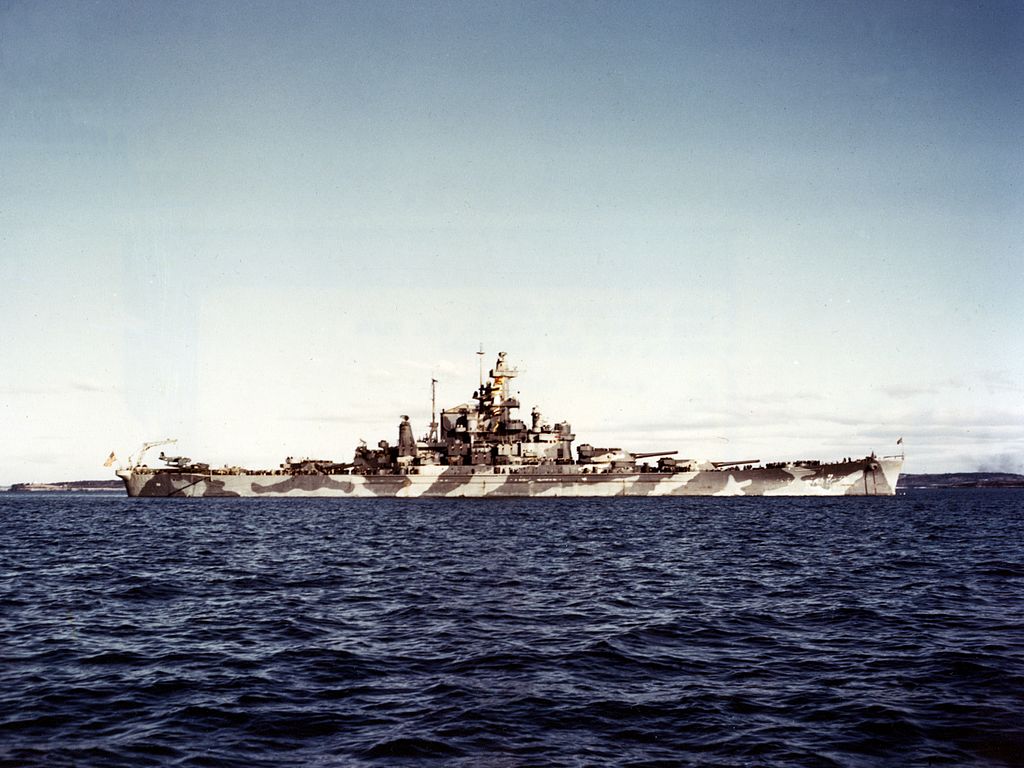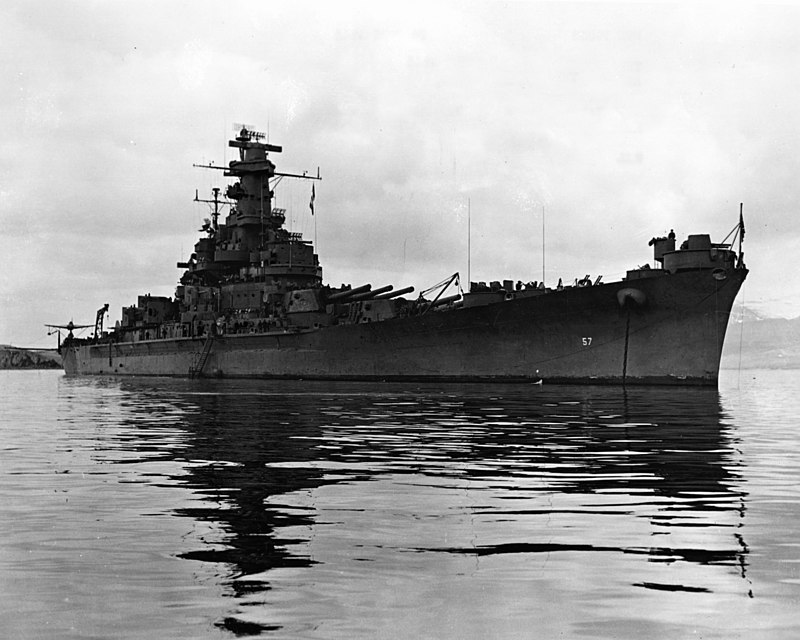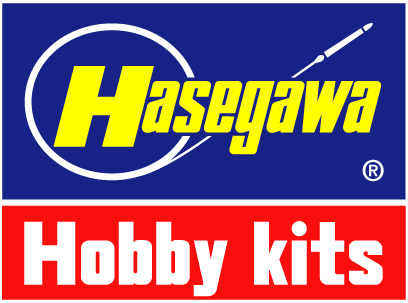Class: The South Dakota-class was a group of four fast battleships built by the United States Navy. They were the second class of battleships to be named after the 40th State; the first designed in the 1920s and canceled under the terms of the Washington Naval Treaty.
The class comprised four ships: South Dakota, Indiana, Massachusetts, and Alabama. They were more compact and better protected than the preceding North Carolina class, but had the same main battery, nine 16"/45 caliber Mark 6 guns in three-gun turrets. The ships can be visually distinguished from the earlier vessels by their single funnel, compared to twin funnels in the North Carolinas. According to authors William Garzke and Robert Dulin, the South Dakota design was the best "treaty battleship" ever built.
The class comprised four ships: South Dakota, Indiana, Massachusetts, and Alabama. They were more compact and better protected than the preceding North Carolina class, but had the same main battery, nine 16"/45 caliber Mark 6 guns in three-gun turrets. The ships can be visually distinguished from the earlier vessels by their single funnel, compared to twin funnels in the North Carolinas. According to authors William Garzke and Robert Dulin, the South Dakota design was the best "treaty battleship" ever built.
Construction began shortly before World War II, with Fiscal Year (FY) 1939 appropriations. Commissioning through the summer of 1942, the four ships served in both the Atlantic, ready to intercept possible German capital ship sorties, and the Pacific, in carrier groups and shore bombardments. All four ships were retired post-war; South Dakota and Indiana were scrapped, Massachusetts and Alabama retained as museum ships.
Warship: USS South Dakota (BB-57) was a battleship in the United States Navy, in active service from 1942 until 1947. The lead ship of her class, South Dakota was the third ship of the US Navy to be named in honor of the 40th state. The four ships of the class are considered to be the most efficient battleships designed under the limitations of the Washington Naval Treaty. During World War II, the battleship first served a tour in the Pacific theater, where it fought in two battles in 1942 that earned the ship and its crew a Navy Unit Commendation before returning to New York in December 1942 for an overhaul and battle repairs. In May 1943, South Dakota joined British Home Fleet patrols in the North Atlantic and Arctic Oceans before sailing again to the Pacific in August 1943. There, South Dakota participated in combat operations preparatory to the invasion of Japan until returning to the United States in October 1945.
Calvin Graham, believed to be the youngest US serviceman to enlist and fight in World War II, enlisting at the age of twelve, served aboard South Dakota in 1942 and 1943 as a loader for a 40 mm anti-aircraft gun, and was awarded the Bronze Star Medal and Purple Heart Medal.
Calvin Graham, believed to be the youngest US serviceman to enlist and fight in World War II, enlisting at the age of twelve, served aboard South Dakota in 1942 and 1943 as a loader for a 40 mm anti-aircraft gun, and was awarded the Bronze Star Medal and Purple Heart Medal.
Brand: The Hasegawa Corporation (株式会社ハセガワ Kabushiki Gaisha Hasegawa) is a company that manufactures plastic model kits of a variety of vehicles, including model aircraft, model cars, model ships, model armor, model space craft and science fiction kits. Based in Shizuoka, Japan, Hasegawa competes against its neighbor, Tamiya, though it does not have as large a line of products.
Item created by: gdm on 2019-07-31 12:35:37. Last edited by gdm on 2019-07-31 12:35:58
If you see errors or missing data in this entry, please feel free to log in and edit it. Anyone with a Gmail account can log in instantly.
If you see errors or missing data in this entry, please feel free to log in and edit it. Anyone with a Gmail account can log in instantly.


